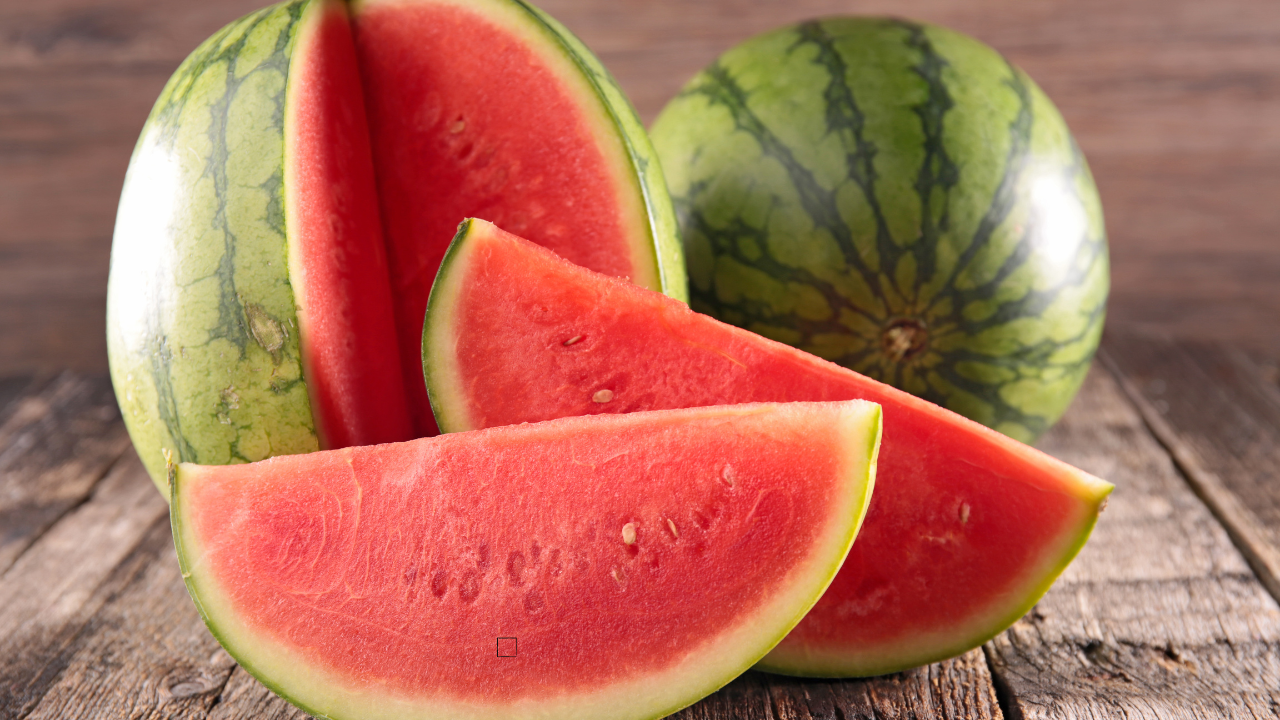
IS CONSUMING WATERMELON SEEDS SAFE FOR THE BODY?
One of the most popular summer fruits is watermelon, and people frequently wonder if eating its seeds is healthy. You might think that consuming watermelon seeds, if ingested, would grow a watermelon plant! The reality regarding the risks of ingesting watermelon seeds may surprise you, despite popular belief.
Are watermelon seeds safe to eat?
Contrary to popular belief, munching on watermelon seeds won't lead to a watermelon sprouting in your belly. Whether they're black or white, watermelon seeds pose no harm if ingested. White seeds found in seedless watermelons are simply empty seed coats and are safe for consumption. On the other hand, black seeds, typical of regular watermelons, are mature but still safe to eat, passing through the body as insoluble fiber.
What are some potential health benefits?
Despite their small size, watermelon seeds pack a nutritional punch. Rich in nutrients like iron, folate, and niacin, they offer potential health benefits. Some even add watermelon seeds into their diet by making butter, flour, or roasting them for a crunchy snack. However, individuals with sensitive digestive systems may experience discomfort or constipation from excessive seed consumption.
While consuming watermelon seeds is generally safe, overindulgence may lead to digestive issues. The high insoluble fiber content can slow down digestion, causing discomfort for some. However, sprouted or cooked seeds are fully digested, allowing the body to absorb their healthful nutrients.
READ ALSO: 9 lesser-known benefits of consuming watermelon in summers
READ ALSO: 5 Benefits of adding sabja seeds to cinnamon water
READ ALSO: Lesser known differences between Cucumber and Zucchini
What are its nutritional value?
Watermelon seeds contain essential nutrients such as magnesium, vital for various bodily functions. They boast heart-healthy properties due to the presence of antioxidants like lycopene. This nutrient, responsible for the fruit's vibrant colour, offers numerous health benefits, including cardiovascular support and cancer prevention.
How to add watermelon seeds into your diet?
For those looking to reap the benefits of watermelon seeds, there are numerous ways to enjoy them. Roasting them with a dash of olive oil and salt creates a satisfying snack. Add them into salads, curd, or oatmeal for added texture and nutrition. Adventurous eaters can even try watermelon seed butter - a creamy spread perfect for toast, fruit, or smoothies.
Does watermelon help in weight loss?
Watermelon is indeed a helpful ally in weight loss endeavors due to its low calorie count, high water content, and fiber richness. With just 46 calories per cup of diced watermelon and a water content of around 92%, it not only keeps you hydrated but also fills you up without adding excess calories. Its fiber content aids digestion and promotes a feeling of fullness, reducing the likelihood of snacking on unhealthy foods. Packed with essential vitamins and minerals like vitamins A and C, potassium, and magnesium, watermelon contributes to overall health while satisfying sugar cravings with its natural sweetness.